A Townsville mother thought her 19-year-old son would be safe as a voluntary inpatient in a mental health unit – but he died four days later. This is her story.
Left in the dark
Lisa Ganter stands holding a bunch of sunflowers at The Strand; she’s there to give passers-by a yellow bloom to bring strangers a moment of happiness.
It’s July 25, 2022 — a year ago to the day her son, Kai O’Donoghue, took his life at Castle Hill.
Before his death Kai, 19, had been struggling with thoughts of suicide, and with advice from his mum, decided it was best to admit himself into the Adult Acute Mental Health Inpatient Unit at Townsville University Hospital.
That would be the last time she saw her son alive; when he walked through the doors of the hospital and eventually into the mental health unit.
Because it had been Kai’s first admission to a mental health unit, Lisa had not known what she could and could not do as a parent of a patient.
She had not been told that Kai could access his phone, access hospital grounds, and that she could visit him.
And despite being told by a staff member she would be called the next day, no call was ever made.
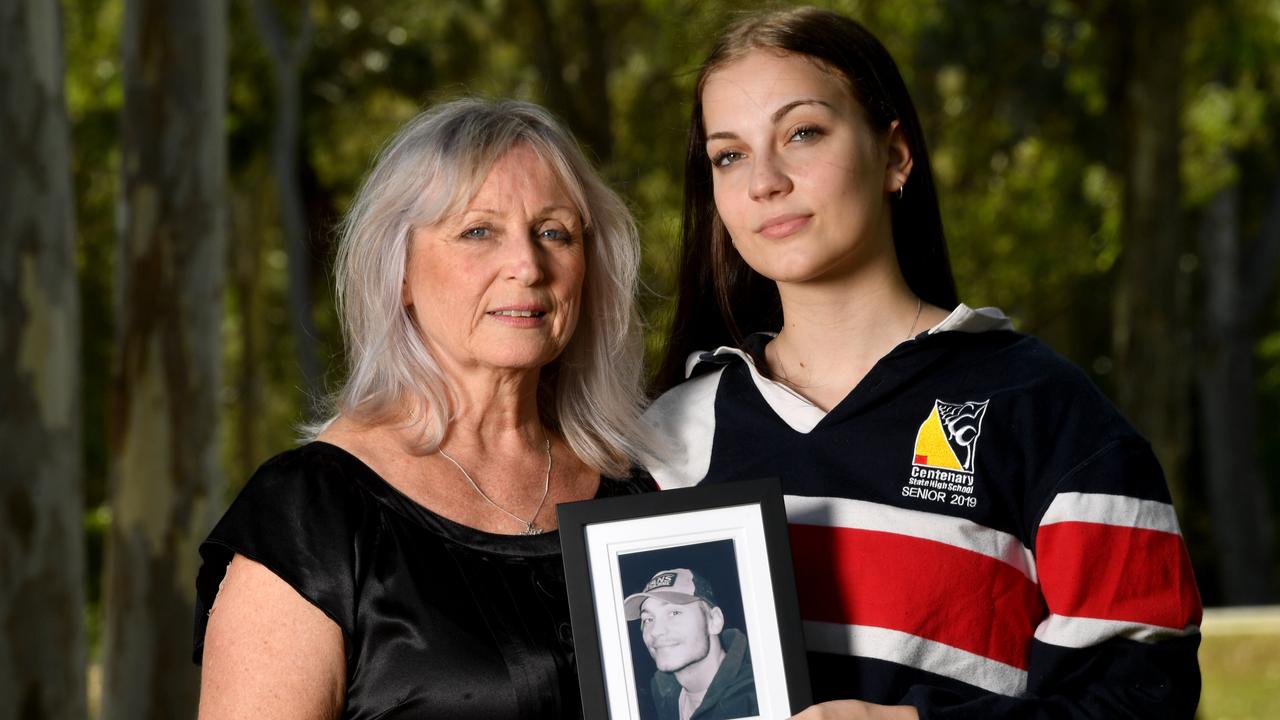
On July 25, 2021, at 2.18pm, four days after his admission, Kai told staff he was going to Subway.
Instead he charged his phone at the nurse’s station and ordered an Uber to Castle Hill where he sent his last text message: “I love you mumma”.
He had earlier denied feeling suicidal to staff and had even appeared “settled”, according to an internal report.
It would be an hour after Kai’s scheduled return time before staff at the unit raised concern about his absence.
A mother’s call
Lisa’s experience — from Kai’s admission to his death — has laid bare the holes in the mental health system for patients and their families.
According to an internal case review report authored after Kai’s death, he had not met the criteria for involuntary treatment under the Mental Health Act, because of his capacity and his interest in treatment.
But Lisa has been left questioning whether Kai may still be here if he had instead been an inpatient of the adolescent mental health unit, or if she had been told she could phone Kai, or that he could leave the unit unaccompanied.
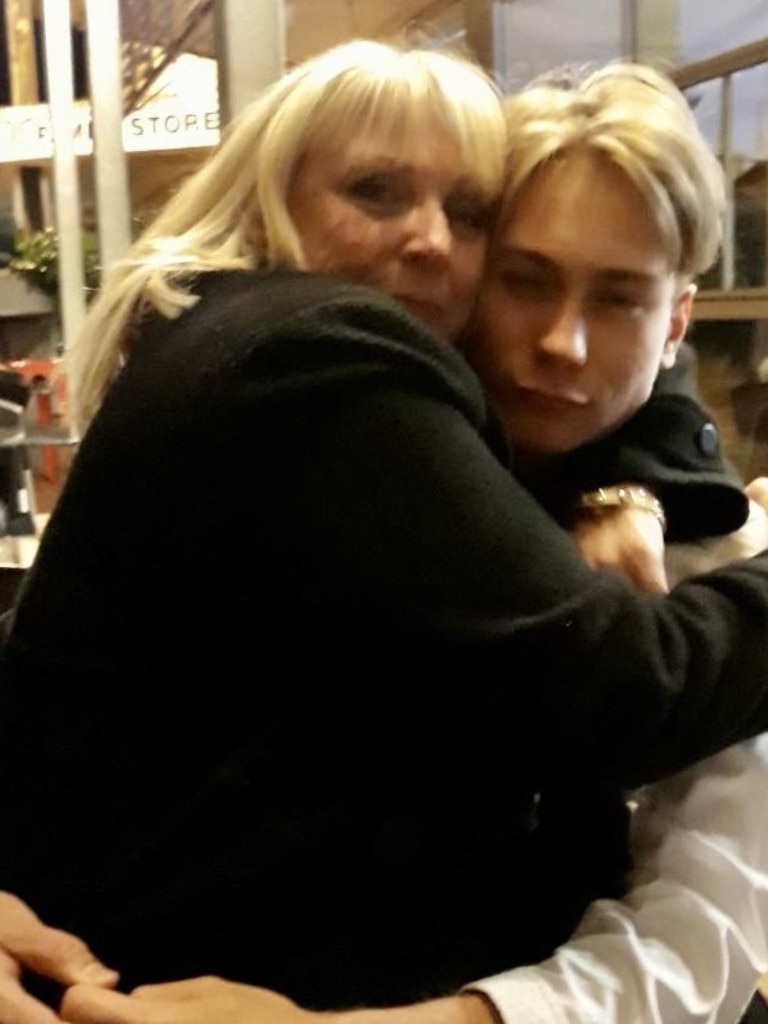
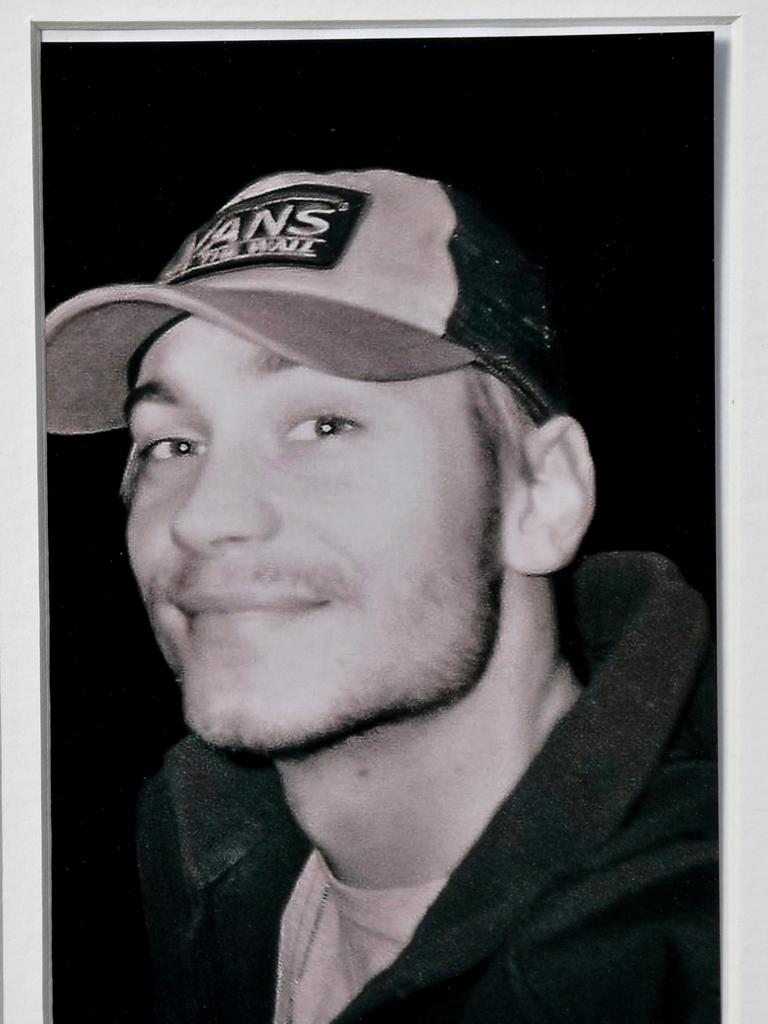
“If suicide is raised, how do you let that person be unsupervised when their family thinks they’re being safe and supervised?” Ms Ganter said.
When Kai sent his last text to her, Lisa thought he may have been in a therapy session, and chose not to call him – a decision that haunts her.
“I think if only I had called him when he sent that message … if I had rung him, could that have made a difference?” she said.
Lisa is calling for change to allow teenagers including 18 and 19-year-olds to be admitted into the adolescent mental health unit, rather than the adult unit.
“I want to try and bring some attention to the fact an 18-year-old should not be treated like a 30 year-old,” Ms Ganter said.
“I don’t know how a 19-year-old who they said was at (risk of) suicide is able to walk out of there, how is that okay under any form of logic?
“He was 19 years old, he still had a Pokemon card in his phone case … he was still a kid.”
The internal report states there were no “missed opportunities” to review Kai’s Mental Health Act status or “renegotiate his access to hospital grounds” due to any “emerging concerns or changes” through his admission.
What has been done
Townsville Hospital and Health Service acting chief executive Stephen Eaton said since 2017 two voluntary patients including Kai had died by suicide while away from the adult unit.
A recommendation made in Kai’s case review report included the implementation of a document called ‘Leave – voluntary inpatient’, and ‘Absent Without Approval Explained: what you need to know’.
Mr Eaton said the document was now available throughout their mental health inpatient units, but the review report previously noted that during a walk-through of the unit, no “strong evidence” was found of the leave form being embedded in practice.
Lisa is unsure how the resource would prevent history from repeating itself.
“... The only thing that came out of it was making (the process) a little more formal, and to have patients sign a document saying they will come back when they said they would,” she said.
“Kai sat outside the nurse’s station and asked to charge his phone, then sat out there and called the Uber that went to Castle Hill ... if someone is in that frame of mind, is the fact he signed a piece of paper four days before going to influence that decision?.”
In addition to the document, Mr Eaton said a review of the “reporting and recording” of individual periods of leave had also been completed.
The review report noted that at the time, all staff reported they allowed a margin for patients to return to the unit past their agreed time – with some waiting up to two hours before escalating the absence if they did not “hold concern” for the patient’s risk profile.
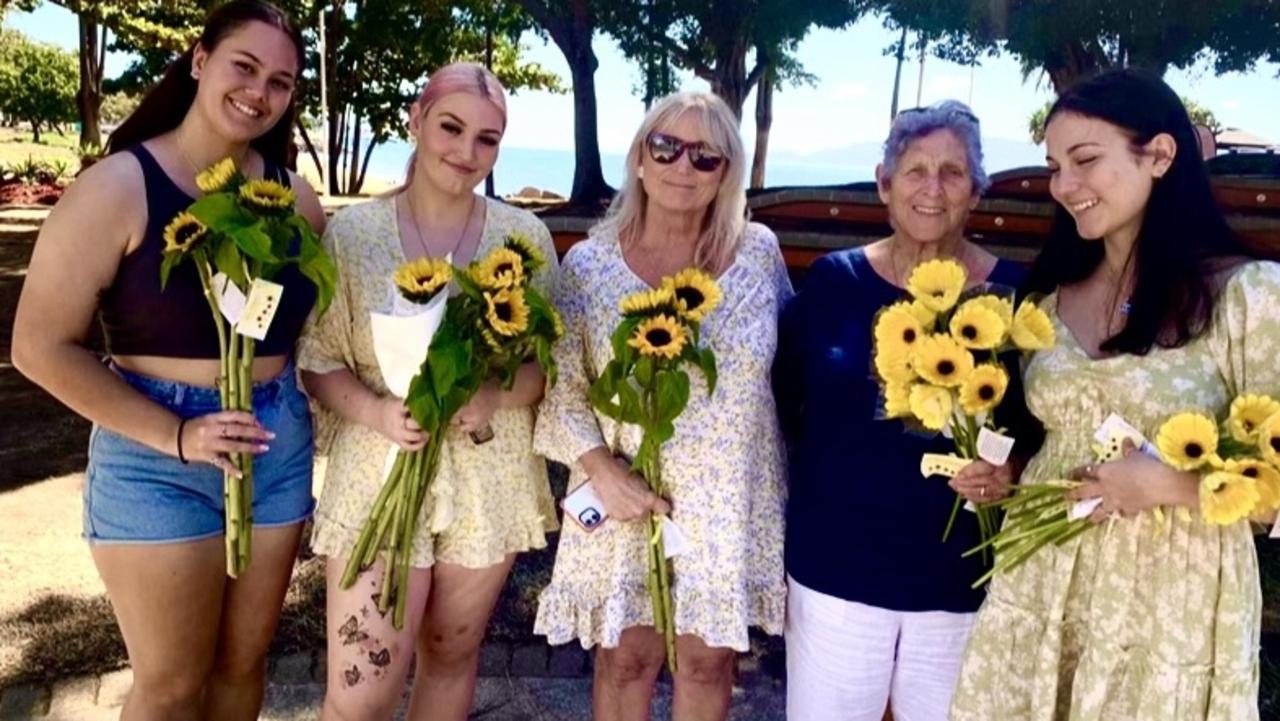
It also further highlighted a “need for families to be oriented to the ward wherever possible”, especially for a first admission.
Mr Eaton said a resource had since been developed for families and caregivers of inpatients to “ensure caregivers receive clear communication and advice on their loved one’s admission”.
Questions regarding whether consideration would be taken to allow 18 and 19 year olds into the adolescent unit were unanswered, with Mr Eaton saying mental health inpatient care was “complex”.
“It is our priority to ensure the optimal care and safety of all people in our care,” he said.
“The care of each individual consumer, regardless of their age, is tailored to ensure care is delivered in a setting that best suits their needs with consideration for other consumers.”
Determined to not let Kai’s death be in vain, Lisa began using the hashtag #randomactsofkainess, as well as organising for students at the school she works at to wear yellow in memory of her son and as suicide awareness.
“He was the light Lani and I always wanted to bask in,” she said.
Queensland Health were unable to provide a response by deadline.
Local mental health response team: 13 MH CALL (1300 64 22 55).

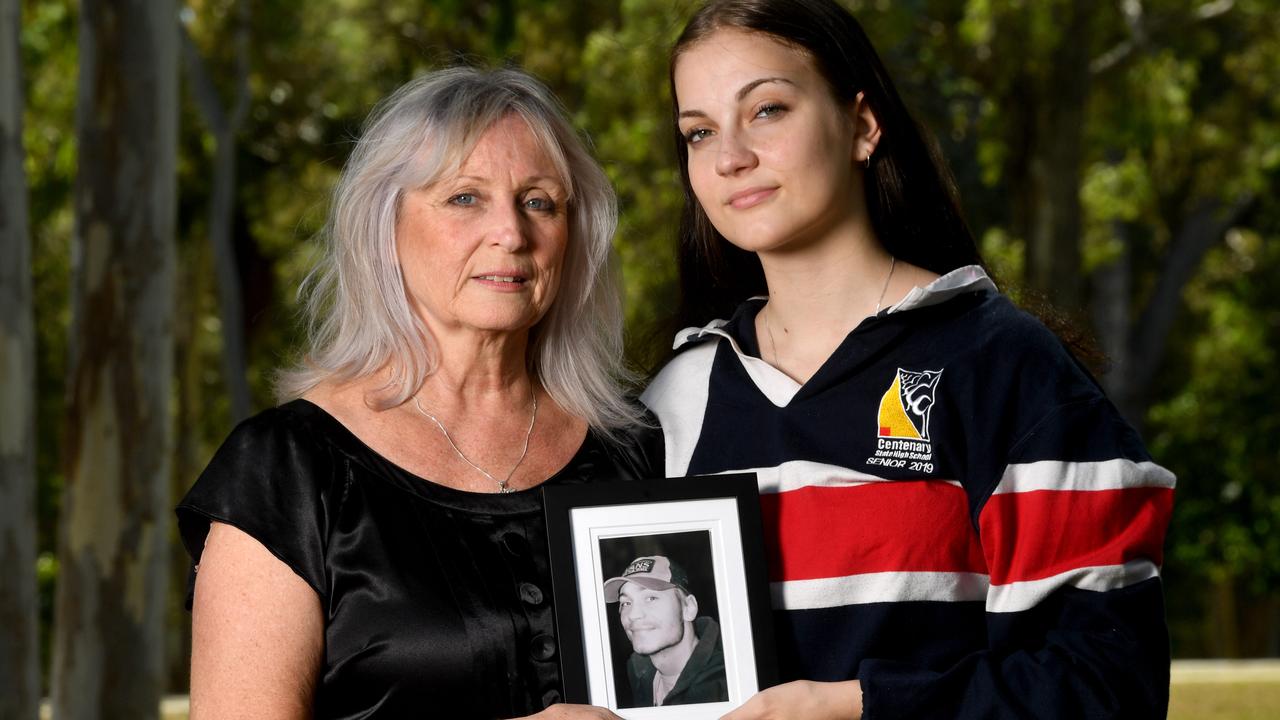
Fans fight to bring rockers to North Queensland
Townsville superfans have launched a Facebook campaign to bring Foo Fighters to North Queensland after the success of Jelly Roll’s stadium show.
‘Dreadful’: Meth and cocaine send notorious drug offender back to jail
A North Queensland man with a ‘lamentable’ criminal history has been warned by a Townsville judge his family will keep visiting him in prison if he doesn’t turn his life around.
‘Decades of high rates’: Grim warning for Aussie families
Economists have delivered a crushing Christmas blow to homeowners, insisting the RBA will hold rates today, but warning the high cost of living could impact families for decades.
Townsville warns of deadly daytime-biting mozzies
Daily backyard checks for mosquito breeding sites should become as routine as taking out the bins, NQ’s top health official warns, as the region braces for another dengue season.
Horror escape: Pregnant woman wakes to vile DV attack
A pregnant woman, half-naked and terrified, fled to a Toowoomba nursing home after her partner brutally attacked her and threatened to kill her.
Townsville’s new mayor hits the dance floor
Townsville's new mayor Nick Dametto has celebrated his first week in office by dancing the macarena at nightclubs and joining DJs on stage.